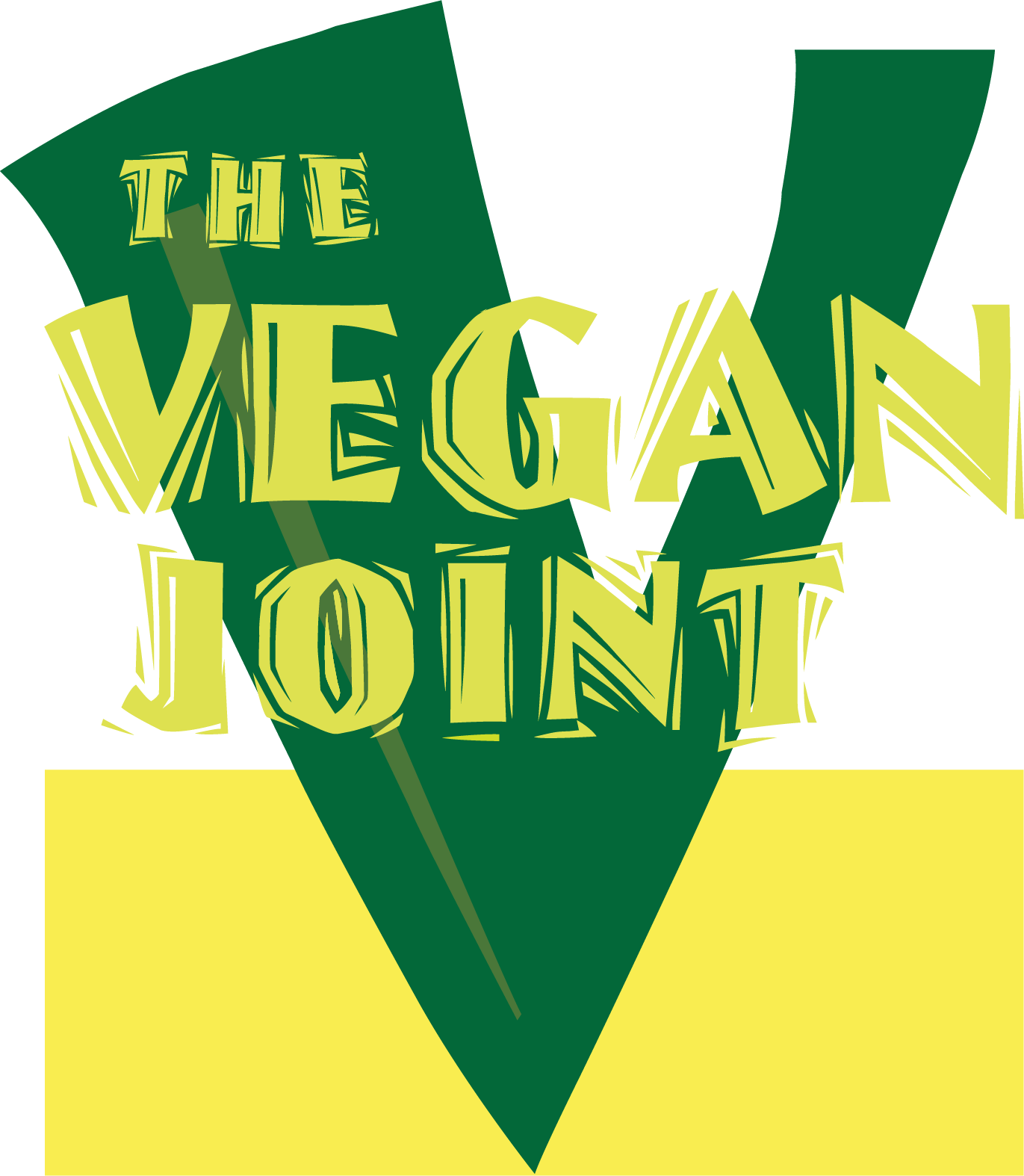Wonton soup, with its delicate dumplings and flavorful broth, is a beloved dish in Asian cuisine. As dietary preferences and health considerations become more diverse, questions about the gluten-free, vegan, and weight loss aspects of wonton soup arise. Below, we’ll discuss wonton soup to help you make informed decisions based on your dietary needs and health goals.
Is Wonton Soup Gluten-Free?
Traditional wonton wrappers are typically made from a combination of wheat flour, water, and sometimes egg. This means that conventional wonton soup is not gluten-free. However, as awareness of gluten sensitivities and celiac disease grows, many restaurants and home cooks have started to offer gluten-free wonton wrappers made from alternative flours such as rice or tapioca.
Is Wonton Soup Vegan?
Traditional wonton soup typically contains meat-filled wonton dumplings, commonly made with a mixture of ground pork or shrimp, along with seasonings. As such, traditional wonton soup is not vegan.
However, the rise of plant-based and vegetarian diets has led to the creation of vegan wonton soup alternatives. These typically feature wonton wrappers filled with a flavorful mix of vegetables, tofu, or textured vegetable protein (TVP). The Vegan Joint uses soy shrimp in our wonton soup.
Vegan wonton soup allows those following a plant-based lifestyle to enjoy the comforting flavors of this classic dish without the use of animal products.
How Many Calories are in Wonton Soup?
Wonton soup calories can vary based on factors such as the type and size of wontons, the ingredients used in the broth, and additional components like noodles or vegetables. On average, a standard serving of wonton soup contains approximately 200 to 300 calories. However, it’s essential to note that these values can fluctuate, especially if the soup is prepared with higher-calorie ingredients or in larger portions.
Wonton soup nutrition can be influenced by its components. The calorie content mainly comes from the wonton wrappers, the filling, and any additional ingredients like noodles or vegetables. To manage your calorie intake, consider opting for vegetable-filled wontons, leaner broths, and controlled portions.
Is Wonton Soup Good for Weight Loss?
While wonton soup can be a flavorful and satisfying dish, whether it’s suitable for weight loss depends on various factors, including portion size and ingredients. Here are some considerations:
1. Portion Control:
Like any dish, moderation is key. Wonton soup can be a part of a balanced diet for weight loss if consumed in appropriate portions. Be mindful of serving sizes, and consider pairing the soup with a side of steamed vegetables to increase the meal’s nutritional value and satiety.
2. Broth Selection:
The broth used in wonton soup plays a significant role in its calorie content. Opting for clear broths or those with fewer added fats can contribute to a lower-calorie option. Additionally, broths made with vegetables and herbs can enhance flavor without adding excessive calories.
3. Vegetable-Filled Options:
Choosing wontons filled with vegetables or lean protein sources can contribute to a more weight-loss-friendly wonton soup. Vegetarian or vegan wonton soup variations often incorporate nutrient-dense ingredients, supporting a balanced and health-conscious diet.
4. Noodle Choices:
Some wonton soups include noodles, which can contribute to the overall calorie count. If you’re watching your weight, consider opting for soups with fewer or no noodles or choosing whole-grain options for added fiber.
5. Homemade Preparation:
Making wonton soup at home allows you to control the ingredients and portion sizes. You can customize the filling, choose a broth with lower sodium content, and tailor the recipe to align with your weight loss goals.
Ultimately, wonton soup can be part of a weight loss plan when consumed mindfully as part of a balanced diet. The key is to be conscious of ingredients, portions, and overall nutritional choices.
Wonton Soup at The Vegan Joint in Los Angeles
Wonton soup, with its rich history and diverse variations, can cater to a range of dietary preferences and health goals. While traditional wonton soup may not align with gluten-free or vegan diets, there are plenty of alternatives and adaptations available for those with specific dietary requirements.
As you savor a bowl of wonton soup, whether homemade or from your favorite restaurant, consider the nutritional components and make choices that align with your health and lifestyle goals. By opting for gluten-free wonton wrappers, exploring vegan or vegetarian options, and being mindful of portion sizes, you can enjoy the comforting flavors of wonton soup while staying true to your dietary preferences and wellness objectives.
Be sure to stop by your nearest The Vegan Joint location in Culver City, DTLA, or Woodland hills for our delicious wonton soup.
